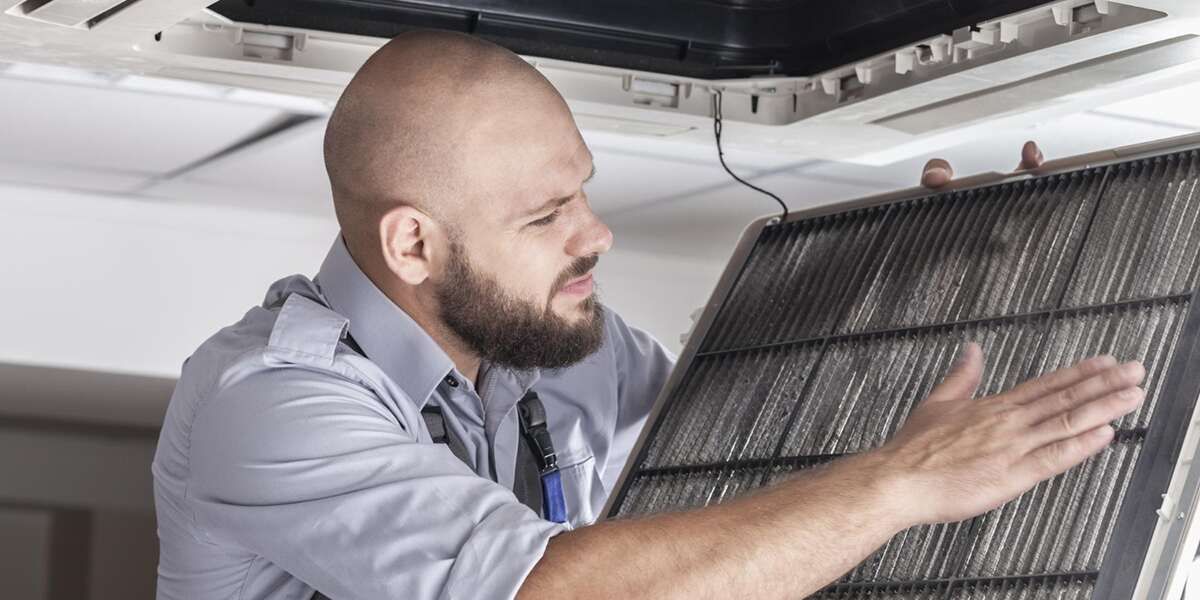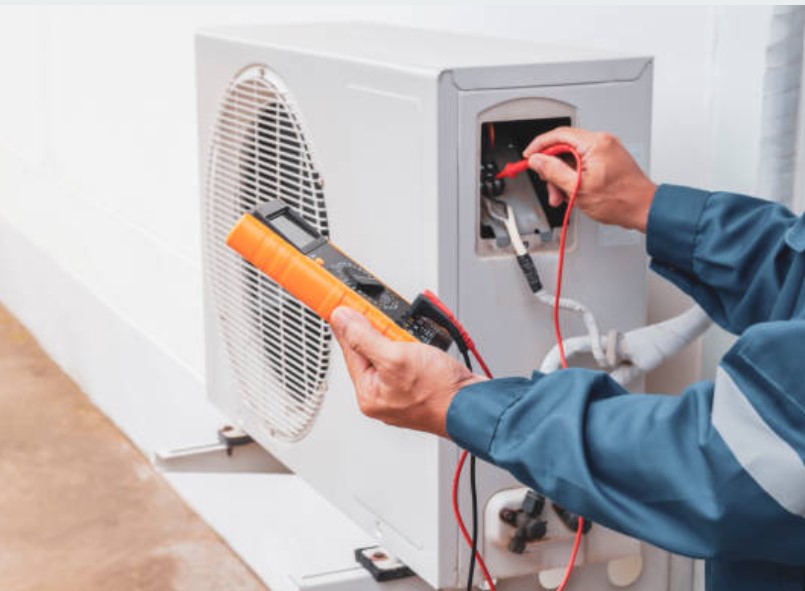Many homeowners and business owners encounter the unpleasant experience of a musty smell emanating from their air ducts. Understanding the causes of this issue and how to effectively troubleshoot it is crucial for maintaining a fresh and healthy indoor environment. This article will explore the causes of musty duct smell troubleshooting and provide insightful solutions to help you keep your home or office smelling clean.

Understanding Musty Duct Smells
Before diving into the troubleshooting process, it’s essential to understand what causes the musty smell in your air ducts. These odors are often a result of mold and mildew growth within the duct system.
What Causes Mold and Mildew in Ducts?
Mold and mildew thrive in damp, dark environments, making air ducts a prime location if moisture is present. Common causes include:
- Leaky ducts that allow moisture to enter.
- Clogged condensate drains in HVAC systems.
- High humidity levels in the home or office.
Signs of Musty Duct Smells
Recognizing the signs of a musty smell is the first step in addressing the problem. Some indicators include:
- A persistent musty odor when the HVAC system is running.
- Visible mold around vents or on ductwork.
- Increased allergy symptoms among occupants.
Troubleshooting Musty Duct Smells
Once you’ve identified the presence of a musty odor, the next step is to troubleshoot the issue. Here are some steps you can take:
Inspect and Clean Ductwork
Start by inspecting your ductwork for any visible signs of mold or mildew. If found, it’s crucial to clean the ducts thoroughly to remove the source of the odor. You can find detailed cleaning solutions on our smelly vents solutions page.
Check for Leaks
Leaky ducts can introduce moisture into the system, promoting mold growth. Carefully examine your ducts for any leaks and seal them using appropriate materials.
Maintain HVAC System
Regular maintenance of your HVAC system can prevent mold and mildew growth. Ensure that condensate drains are clear and functioning correctly. For more information, visit our page on bad AC smells cost to fix.
Preventing Future Musty Smells
Prevention is key to avoiding future musty odors in your ducts. Implement these strategies to keep your indoor air fresh:
Control Humidity Levels
Maintaining optimal humidity levels in your home or office is crucial. Use dehumidifiers if necessary to reduce moisture in the air.
Regular Duct Cleaning
Schedule regular duct cleaning to prevent mold and mildew buildup. Professional cleaning services can provide a thorough inspection and cleaning of your ductwork.
Use Mold Inhibitors
Consider applying mold inhibitors within your duct system to prevent future growth. These products can be an effective part of your overall prevention strategy.
Expert Advice and Resources
For more expert advice on managing musty odors and maintaining a healthy HVAC system, visit this resource. It offers detailed explanations on various AC smells and their causes.
Conclusion
Addressing the causes of musty duct smell troubleshooting is essential for ensuring a healthy and pleasant indoor environment. By understanding the common causes, implementing effective troubleshooting steps, and taking preventive measures, homeowners and business owners can keep their living and working spaces free from unwanted odors.

FAQs
What are the main causes of musty smells in ducts?
The primary causes include mold and mildew growth due to moisture from leaky ducts, clogged condensate drains, and high humidity levels.
How often should ducts be cleaned to prevent musty odors?
It’s recommended to have your ducts professionally cleaned every 3 to 5 years, but more frequently if you notice persistent odors or allergy symptoms.
Can mold inhibitors be safely used in ducts?
Yes, mold inhibitors can be safely applied within duct systems to prevent future mold growth, but it’s best to consult with professionals for proper application.
This article contains affiliate links. We may earn a commission at no extra cost to you.